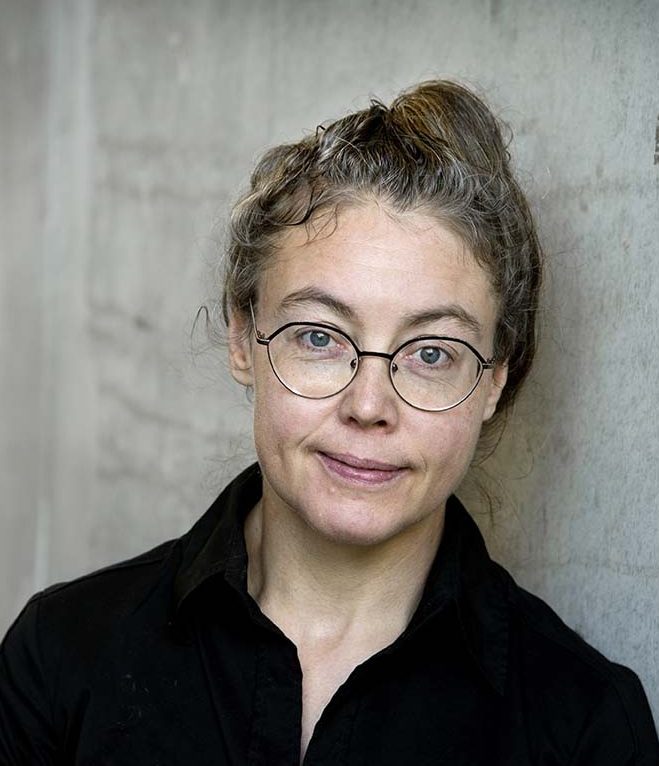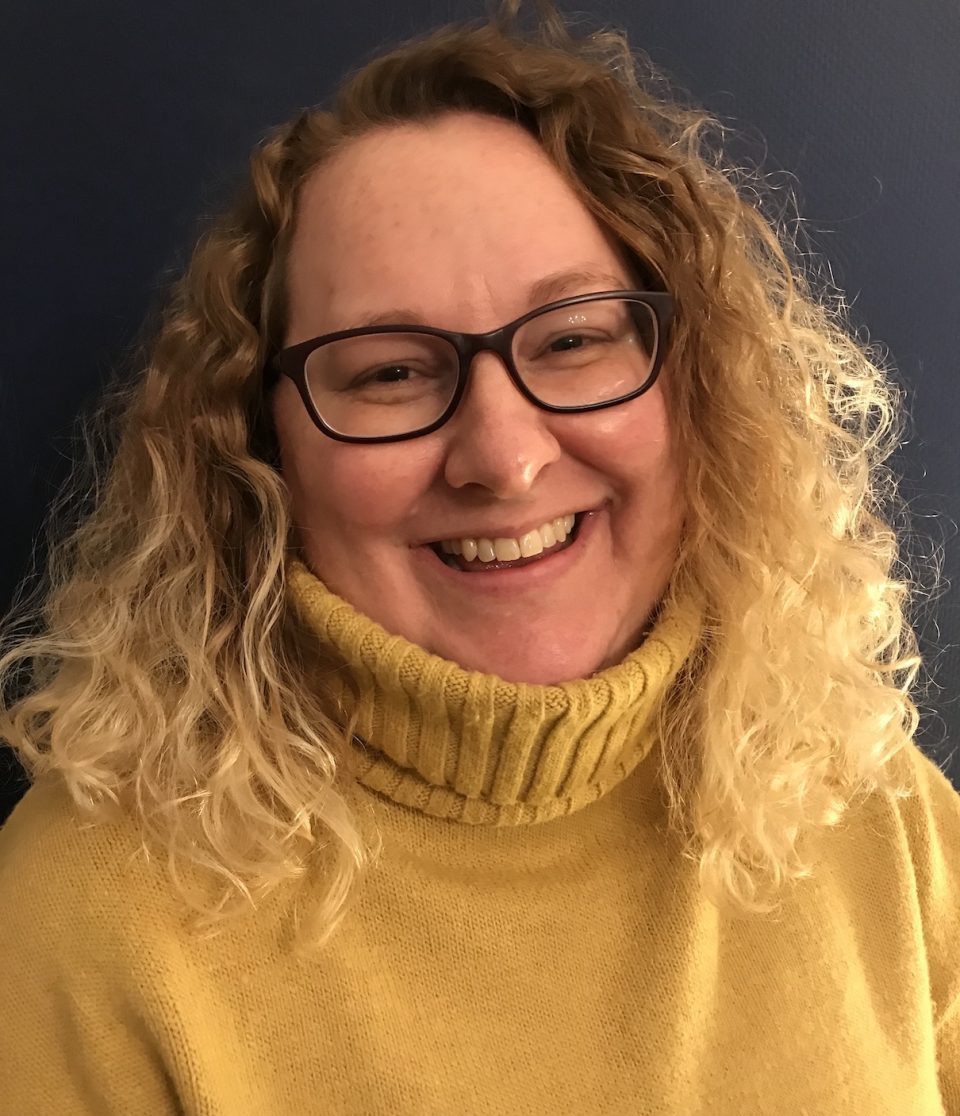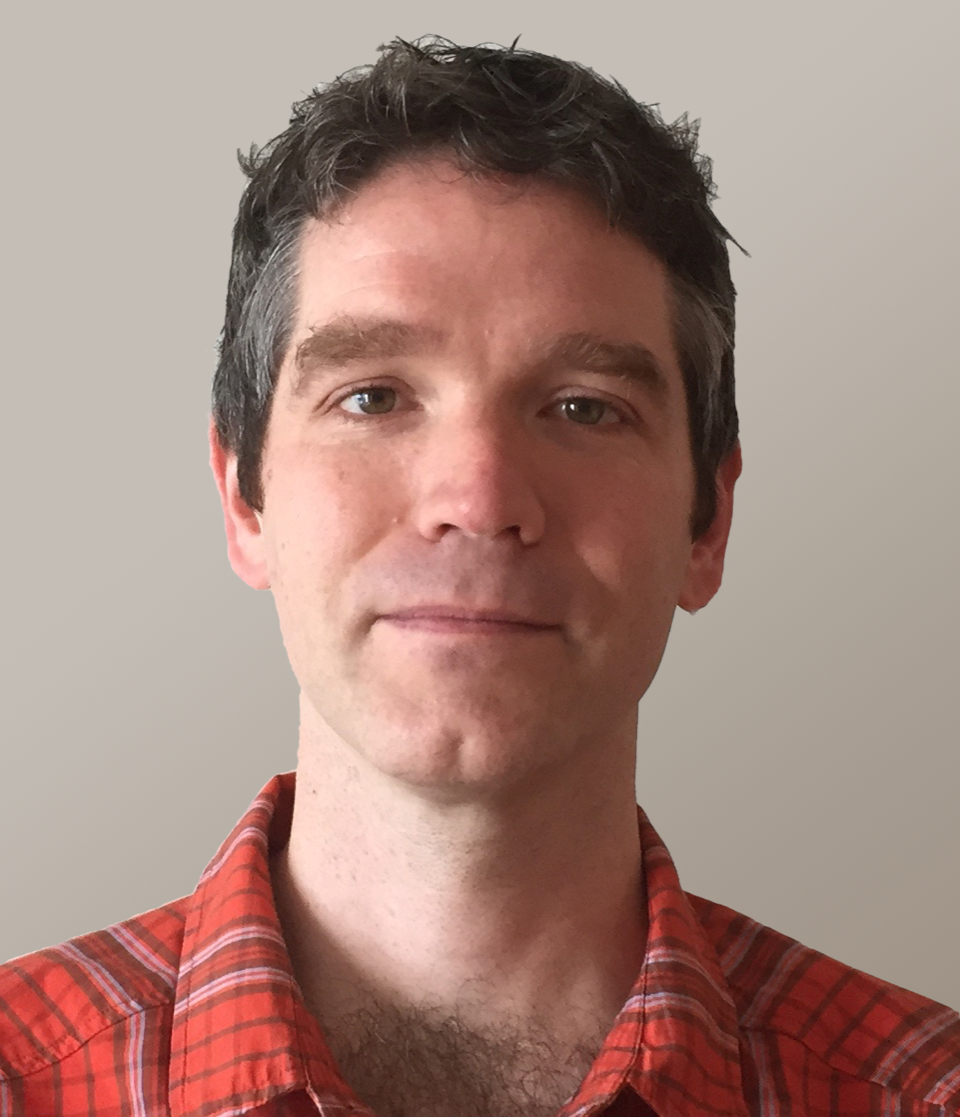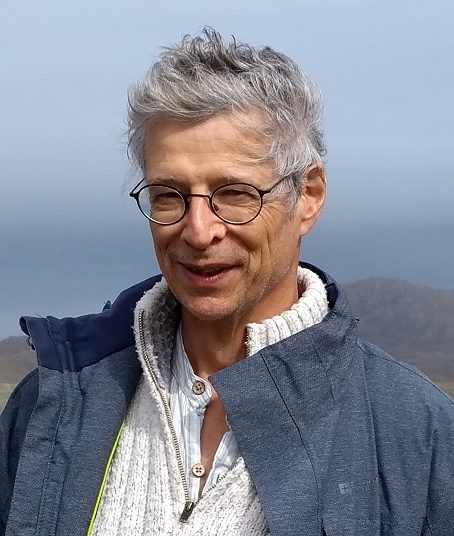The R2D2 Scientific Advisory Board
The R2D2 Scientific Advisory Board (SAB) is composed of international experts in the fields of Psychiatry, Informatics, Genetics, Neurobiology and Epidemiology and will advice the R2D2 consortium in its strategy, study design and work with the co-creation groups.
R2D2-MH Scientific Advisory Board

Hanna Bertilsdotter Rosqvist
Hanna is a neurodivergent associate professor in sociology and a senior lecturer in social work, School of social sciences, Södertörn university, Sweden. Her research expertise is broadly with research methods and theory development within neurodiversity studies, critical autism studies and critical adhd studies.
“I am a member of SAB and see my role foremost to support the neurodiversity foundation of the project and in particular the work of the co-creation groups.”
Sue Fletcher-Watson
Sue Fletcher-Watson holds a Personal Chair in Developmental Psychology at the University of Edinburgh, and is Director of the Salvesen Mindroom Research Centre. She is interested in how children grow and learn, with a particular focus on development and neurodiversity. Her work draws on rigorous methods from psychology and applies these to questions with clinical, educational and societal impact.
“As an advocate for open science and good citizenship in research, I strive for a meaningful partnership with R2D2-MH, to support neurodivergent leadership in research.”
Jason Lerch
Jason P. Lerch, Ph.D. is Professor of Neuroscience and the Director of Preclinical Imaging at the Wellcome Centre for Integrative Neuroimaging (WIN) at the University of Oxford and an Adjunct Scientist at the Mouse Imaging Centre (MICe) of the Hospital for Sick Children and Associate Professor in Medical Biophysics at the University of Toronto. Jason joined WIN in March of 2019; prior to that he completed his Ph.D. in 2005 in the Department of Neurology and Neurosurgery at McGill University and a post-doctoral fellowship at MICe from 2005-2008 with Dr. Mark Henkelman and Dr. John Sled. He received his B.A. in 1999 in Anthropology and Social Studies of Medicine from McGill University. His Ph.D. research, under the supervision of Dr. Alan Evans, was on in-vivo measurements of cortical thickness from MRI. As an antidote to these academic pursuits, he likes to leave the city and hike in the woods, whenever possible.
“With my research focus on correlating neuroanatomical changes in behaviourally and genetically modified mice with neurodevelopmental conditions, I will support R2D2-MH with my expertise and advice on study design and analyses.”
Andrew Pickles
Andrew Pickles is Professor of Biostatistics at King’s College London (KCL) but has an eclectic academic background across social and medical sciences. He is a fellow of both the British Academy and the UK Academy of Medical Science. As a former director of King’s Clinical Trials Unit and through his extensive research record in the measurement and development of ASD, Andrew is familiar with the incremental progress being made in formal and informal processes to engage public, patients and carers in research. He believes neurodiverse perspective presents both a significant challenge to traditional medical and social science and also novel opportunities, requiring innovative thinking and some new methodology.
“As a member of the Scientific Advisory Board, I see my role in suggesting changes in practice, analysis or reporting that recognize study diversities.”
Other Boards in R2D2-MH
R2D2-MH will be supported and advised by 4 other boards that will help the project partners implement the project and deliver real-world results and outcomes that will be uptaken by end-users:
- Adult Co-Creation Group: neurodivergent adults and parents of neurodivergent children co-developing some of R2D2-MH research outcomes
- Adolescents Co-Creation Group: neurodivergent adolescents co-developing some of R2D2-MH research outcomes
- Stakeholder Innovation Management Board (SIMB), consisting of experts from academia and SMEs/Industry partners
- Stakeholder Advisory Board (StakeAB), consisting of representative of stakeholders from diverse sectors organization types, location, and socio-economic background



